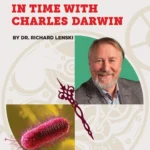
See what leaders in science, secularism, critical thinking, and skepticism did last week
Here's a little of what secularists, skeptics, atheists, and scientists did last week
#humanist
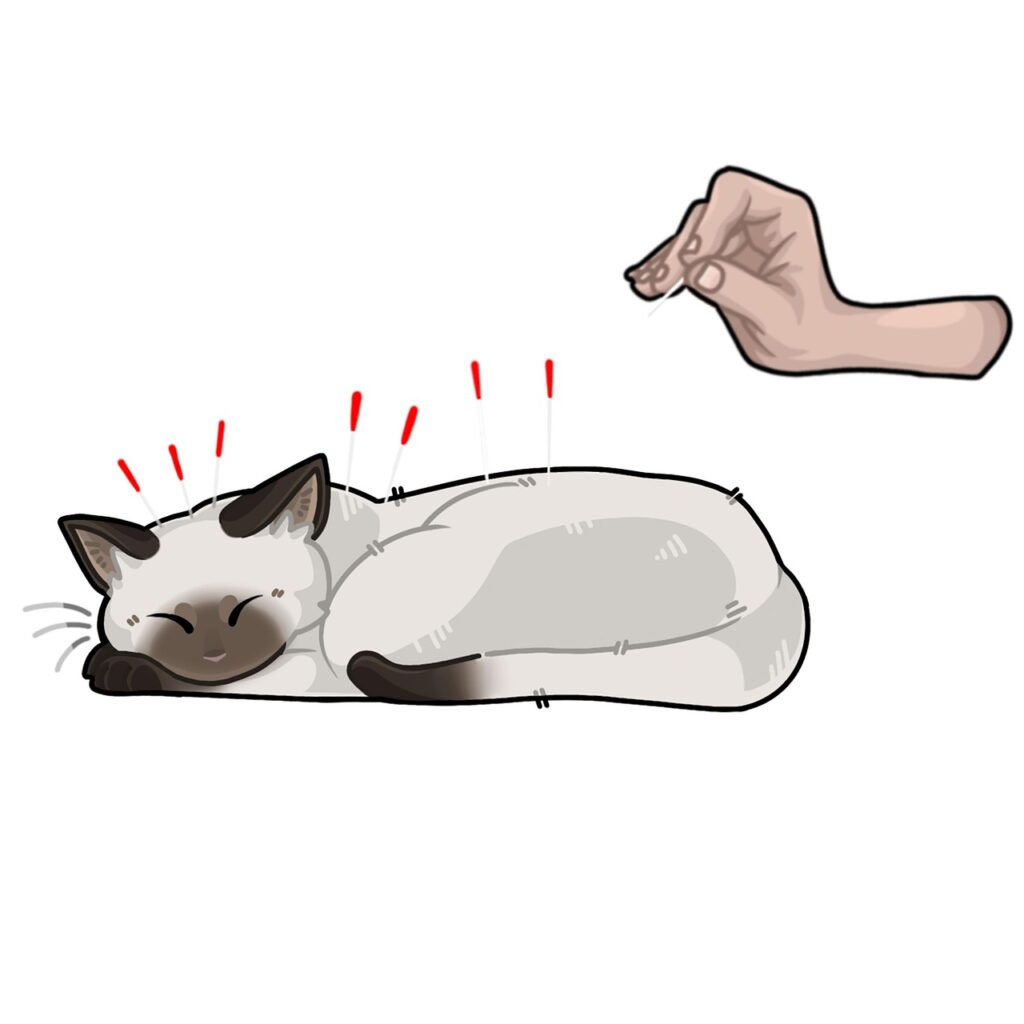
Pet acupuncture: what the science says
Despite growing interest, the science behind pet acupuncture remains uncertain. This summary explains the evidence, safety concerns, and when to seek proven treatments. It helps owners decide when to pursue or avoid this therapy. #acupuncture
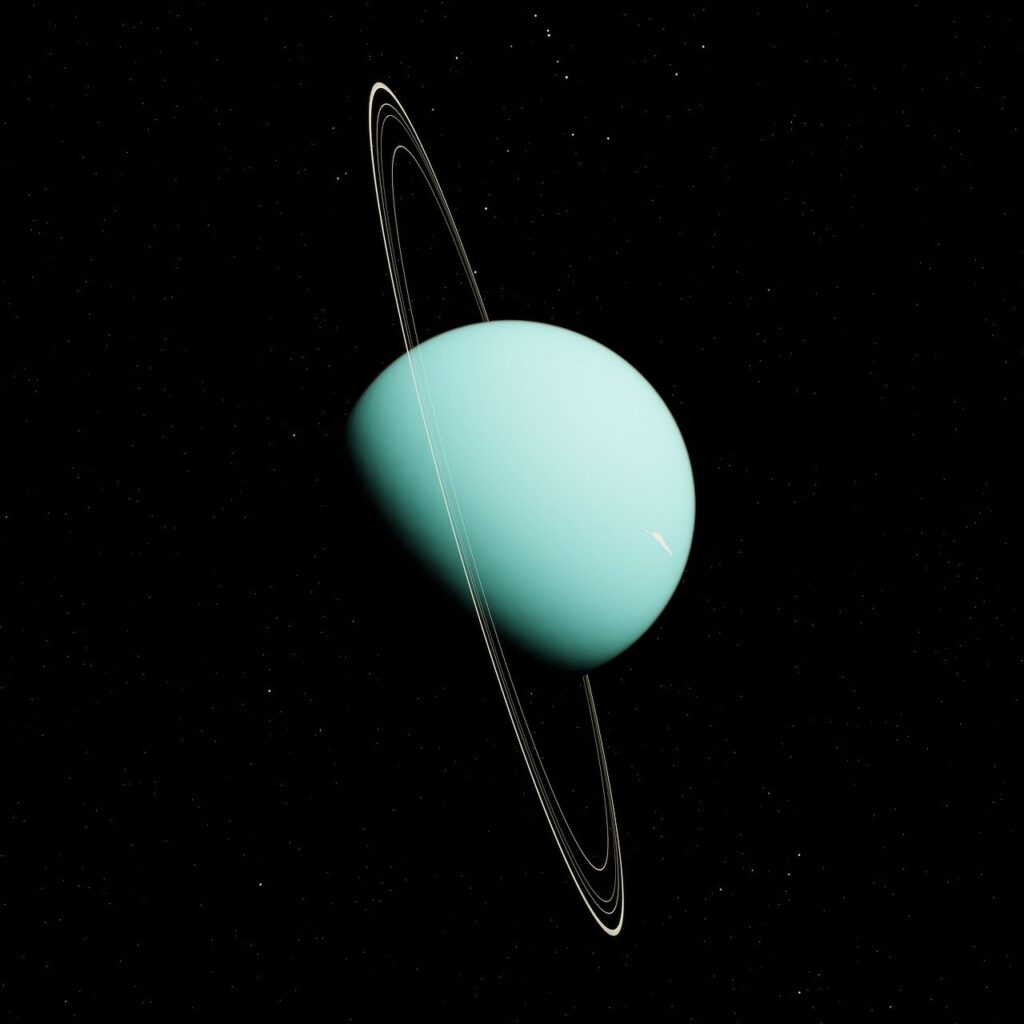
40 Years On: The Uranus Flyby That Shaped Voyager
Forty years on, a mission boffin recalls being told to pronounce Uranus correctly, and how Voyager 2’s Uranus flyby yielded a wealth of data that nearly never happened. It’s a human moment inside a colossal space story worth revisiting.
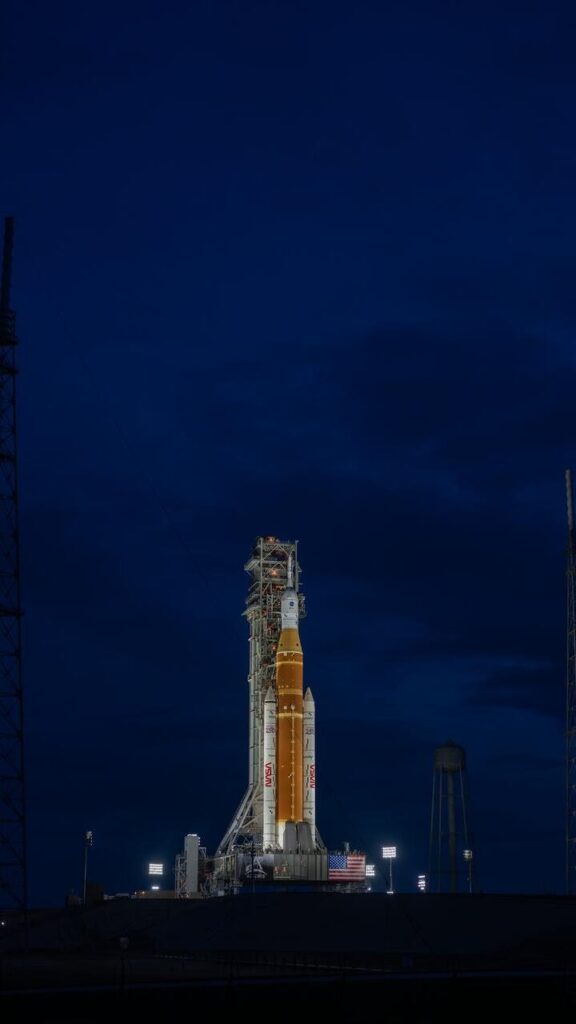
February 2026 Newsletter
After more than half a century, humanity is heading back to the Moon. Artemis marks a return shaped by new science, broader representation, and strong Canadian contributions—reminding us how far we’ve come, and why this moment matters now.

WeCanReason Webinar – From Faith to Freedom: My Journey from Turkey to Canada video released
Berke Topcuoglu, born in Istanbul in 1991, grew up questioning authority in a conservative setting. Shaped by his grandmother’s secular values, he faced persecution for his beliefs before moving to Canada, where he now promotes reason, democracy, and freedom of thought.
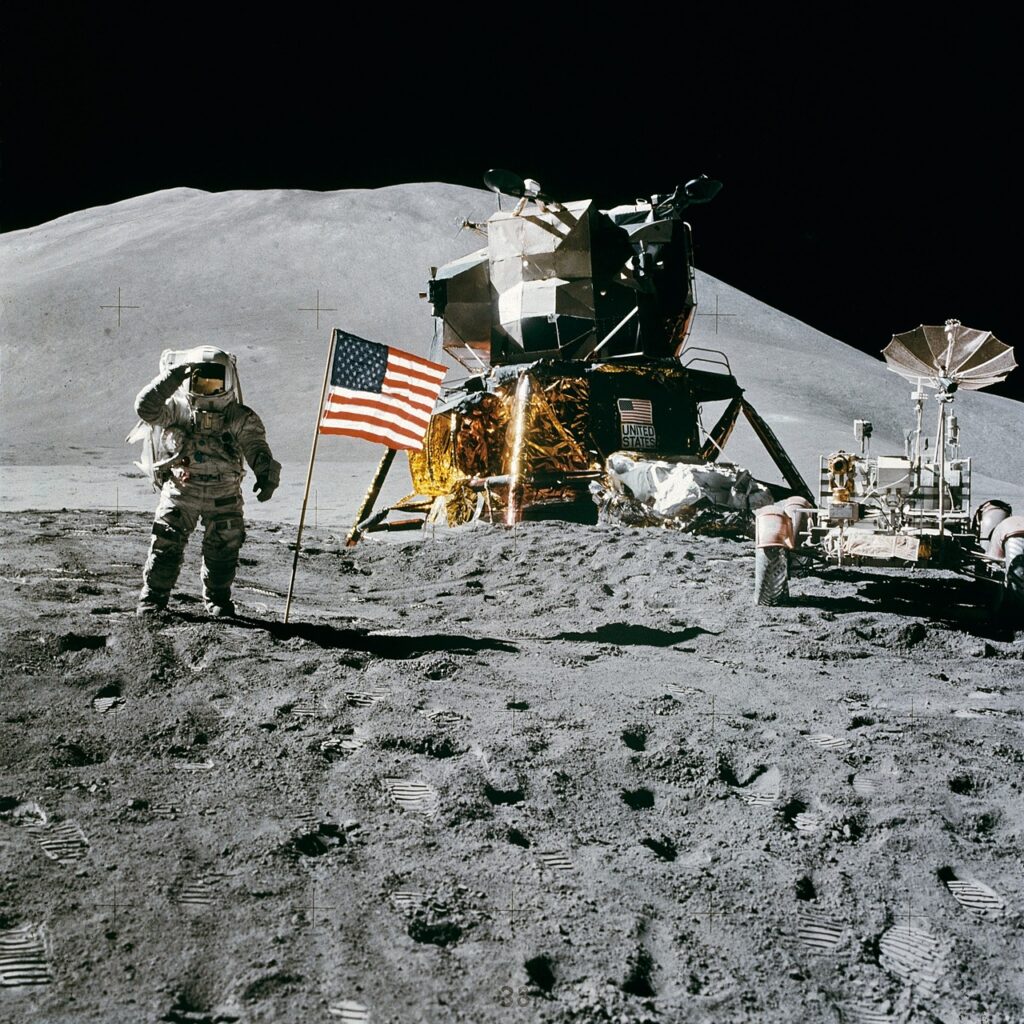
Teach Critical Thinking Over Conspiracy Theories
A skeptical family confronts a Moon hoax claim in a classroom, debunks two myths, and reframes it as a teachable moment about evidence-based science and critical thinking. #moonlanding

DIY Botox Dangers Exposed
DIY Botox may seem tempting, but self-injecting a neurotoxin can lead to serious health risks. Learn why it's best to leave these procedures to professionals. #botox #neurotoxin

WeCanReason Speakers’ Weekly Update
Catch up with what our speakers did last week
#SethAndrews #psychicsofinstagram #psychics

Planet-Hunters Rejoice; Exoplanet Hunt Resumes
After a hiccup, TESS is back on the sky, ready to spot transits and help find new worlds.

See what leaders in science, secularism, critical thinking, and skepticism did last week
Here's a little of what secularists, skeptics, atheists, and scientists did last week
#humanist

